Summaries of books about Philosophy:
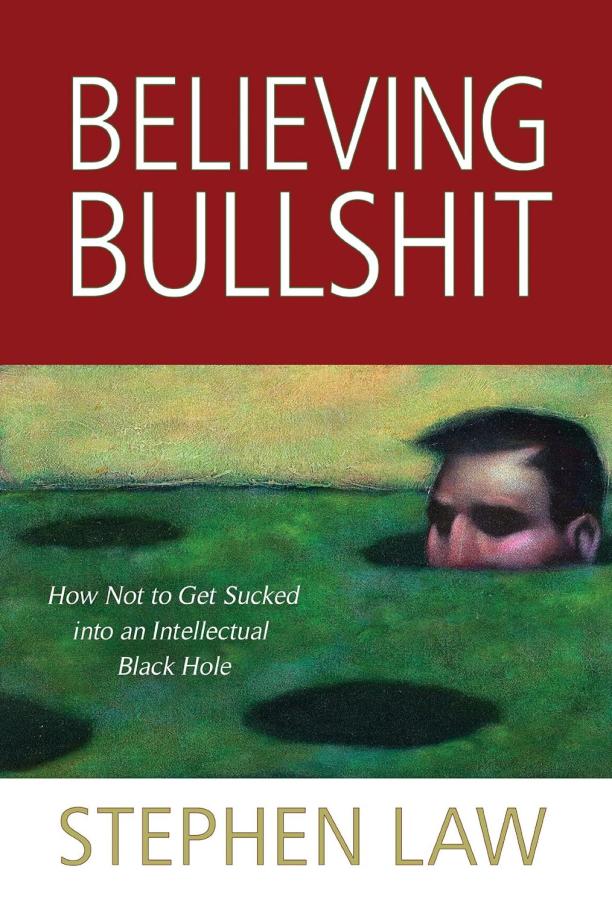
Believing Bullshit
How Not to Get Sucked into an Intellectual Black Hole
Stephen Law
The book provides a critical examination of various techniques used to defend unfounded beliefs and pseudoscience, offering readers tools to recognize and avoid falling into the trap of such intellectually deceptive arguments. It dissects common patterns of flawed reasoning and the psychological tactics often employed to maintain irrational beliefs.
See full summary
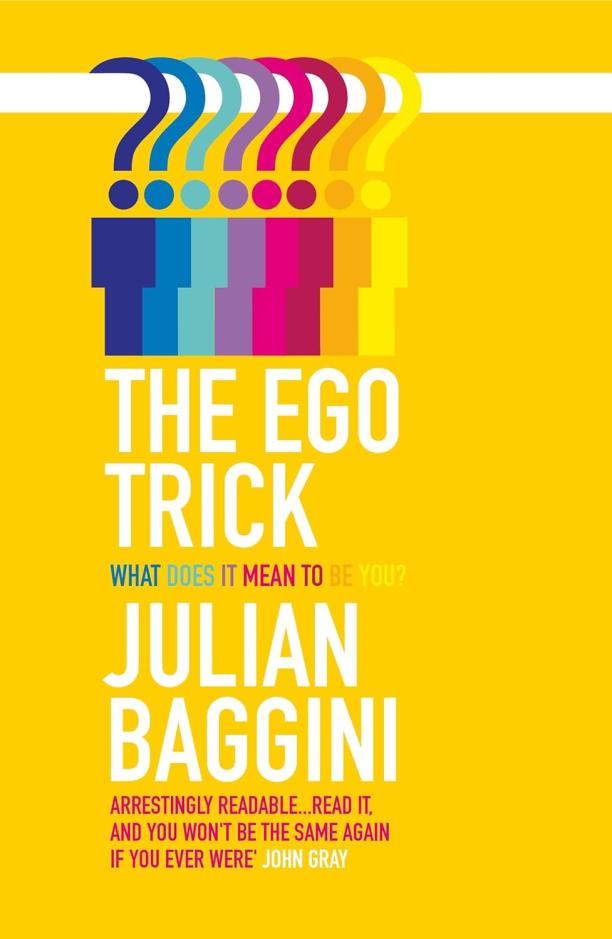
The Ego Trick
Julian Baggini
The book explores the nature of the self, questioning the idea of a consistent, unchanging identity and arguing that the ego is a constantly evolving construct shaped by experiences and perceptions. It delves into philosophy, neuroscience, and psychology to challenge traditional notions of personal identity and the concept of a singular, coherent self.
See full summary
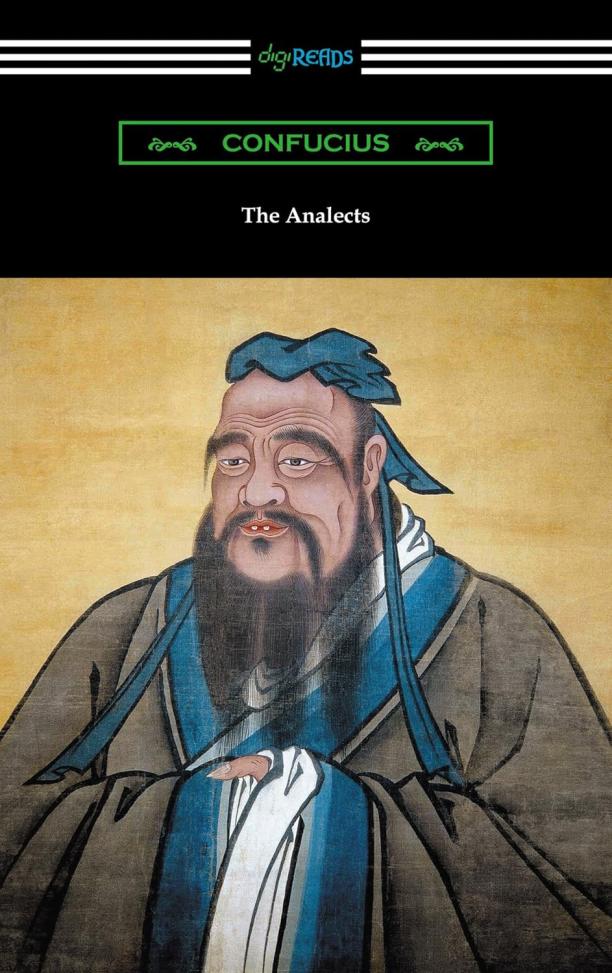
The Analects
Confucius
The book is a collection of sayings and ideas attributed to the Chinese philosopher Confucius and his disciples, discussing ethics, politics, and social philosophy. It includes James Legge's English translation of these teachings and an introduction by Lionel Giles that provides context and analysis of Confucian thought.
See full summary
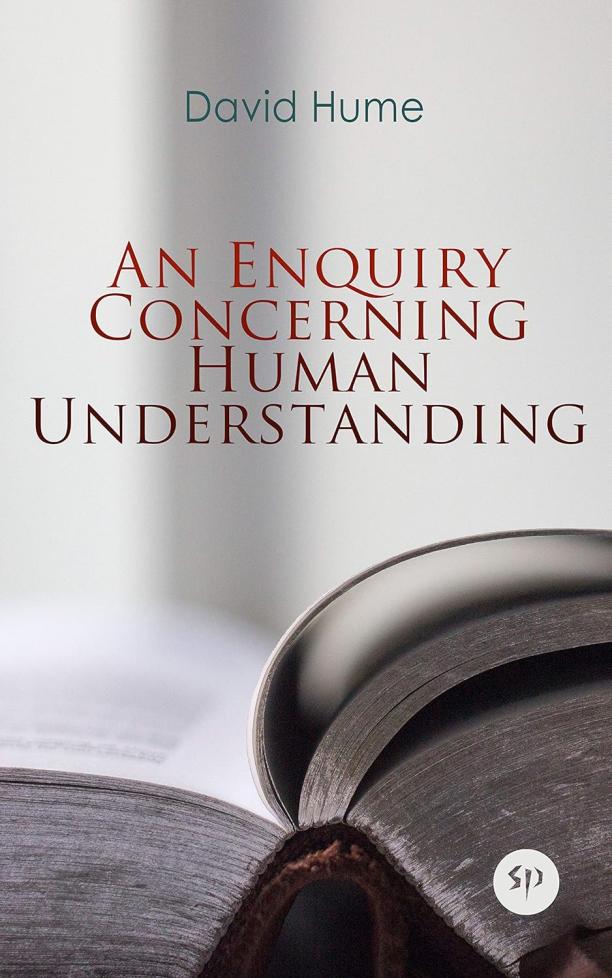
An Enquiry Concerning Human Understanding
David Hume
The book presents a skeptical philosophy questioning the reliability of human knowledge, causation, and the existence of the self, arguing that most human understanding is based on habits and customs rather than rational deduction. It also discusses the limitations of scientific and empirical methods, the role of free will, and the nature of religion.
See full summary
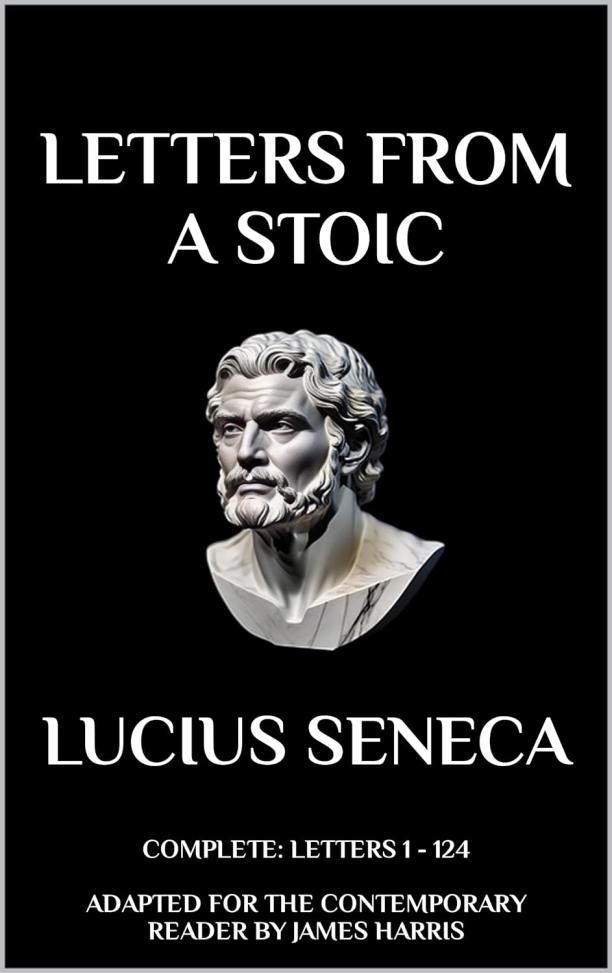
Letters from a Stoic
Complete Adapted for the Contemporary Reader
Lucius Seneca
The book is a collection of moral epistles written by the Roman Stoic philosopher Seneca to his friend Lucilius Junior, offering wisdom on a variety of topics such as virtue, fortune, and the good life. These letters have been adapted for modern readers, providing insights into Stoic philosophy and guidance on living a thoughtful, fulfilling life.
See full summary
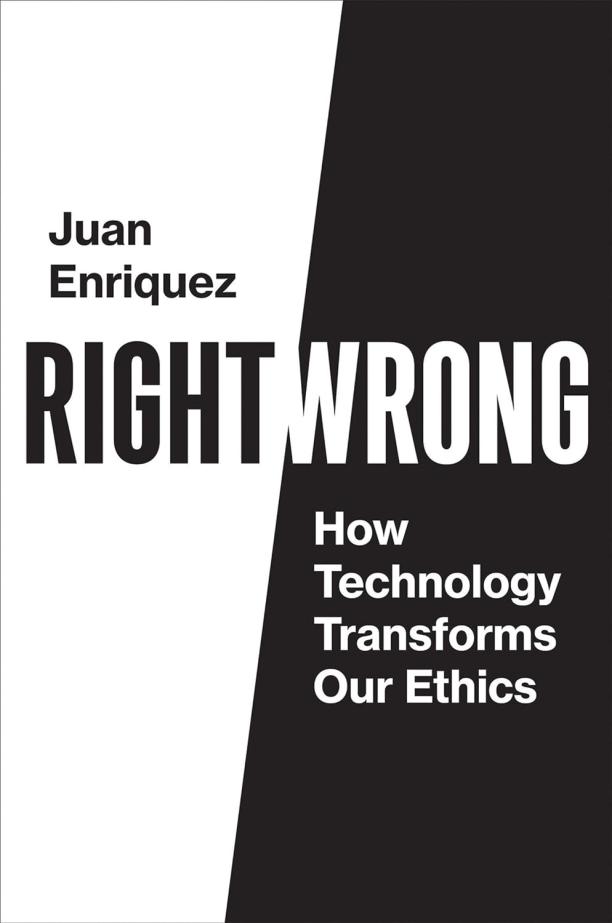
Right/Wrong
How Technology Transforms Our Ethics
Juan Enriquez
The book explores the profound impact of technological advancements on human ethics, examining how innovations from gene editing to social media reshape our moral landscapes. It delves into the challenges of navigating ethical dilemmas in an era where technology outpaces traditional moral frameworks and societal norms.
See full summary
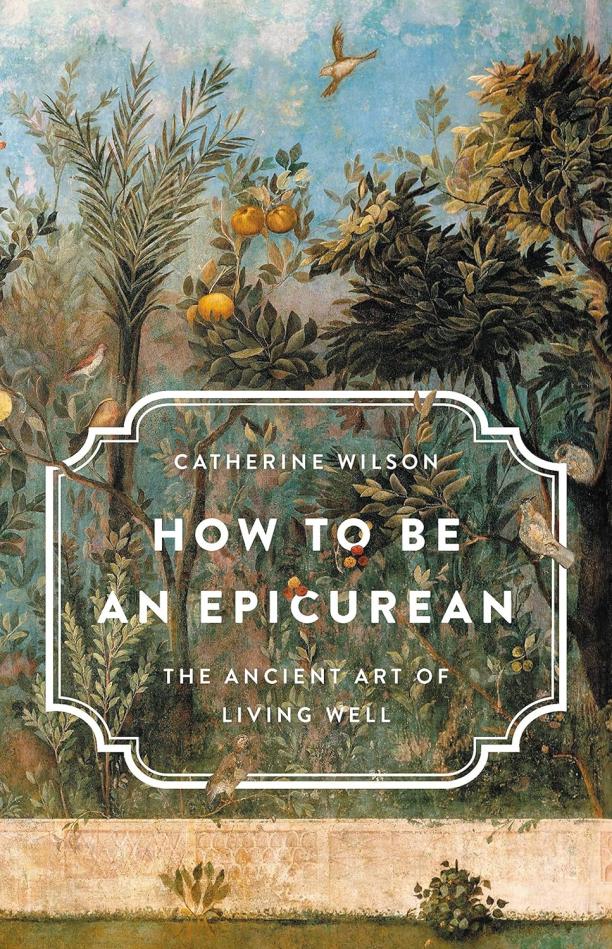
How to Be an Epicurean
The Ancient Art of Living Well
Catherine Wilson
The book presents the philosophy of Epicureanism, explaining its principles for seeking happiness through the pursuit of simple pleasures, the cultivation of friendships, and the development of an understanding of the natural world. It applies these ancient ideas to modern life, offering guidance on how to navigate contemporary challenges and ethical dilemmas with wisdom and tranquility.
See full summary
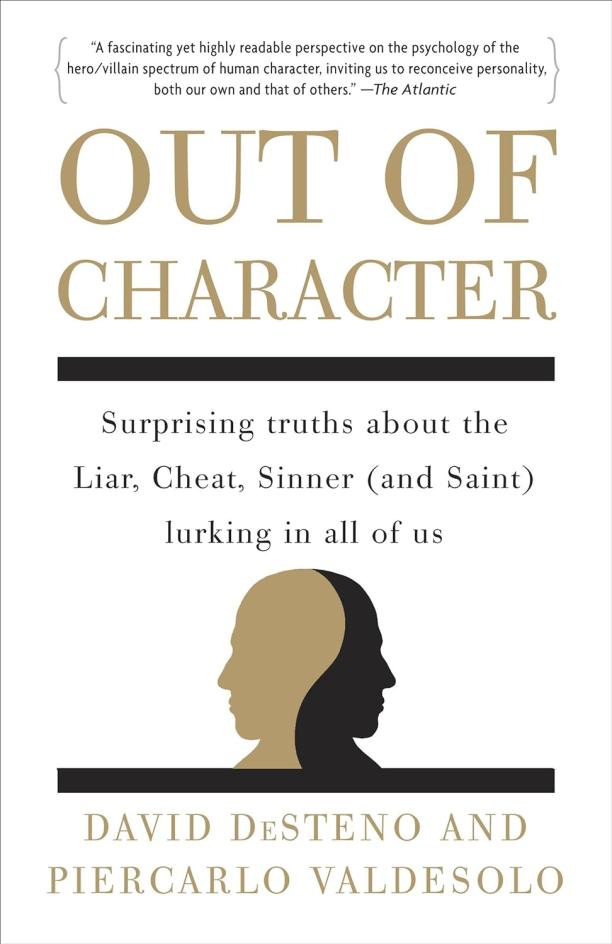
Out of Character
Surprising Truths About the Liar, Cheat, Sinner Lurking in All of Us
David DeSteno|Piercarlo Valdesolo
The book explores the psychological mechanisms that drive individuals to act against their own ethical codes, revealing how emotions like compassion, gratitude, and pride can influence moral behavior. It combines scientific research with anecdotes to challenge the notion that human morality is fixed, suggesting that context and internal states often dictate whether a person will act virtuously or not.
See full summary

Against Happiness
In Praise of Melancholy
Eric G. Wilson
The book argues against the cultural obsession with happiness, positing that melancholy is essential for a full, creative life. It suggests that embracing sadness can lead to deeper self-understanding and the creation of more profound art and literature.
See full summary
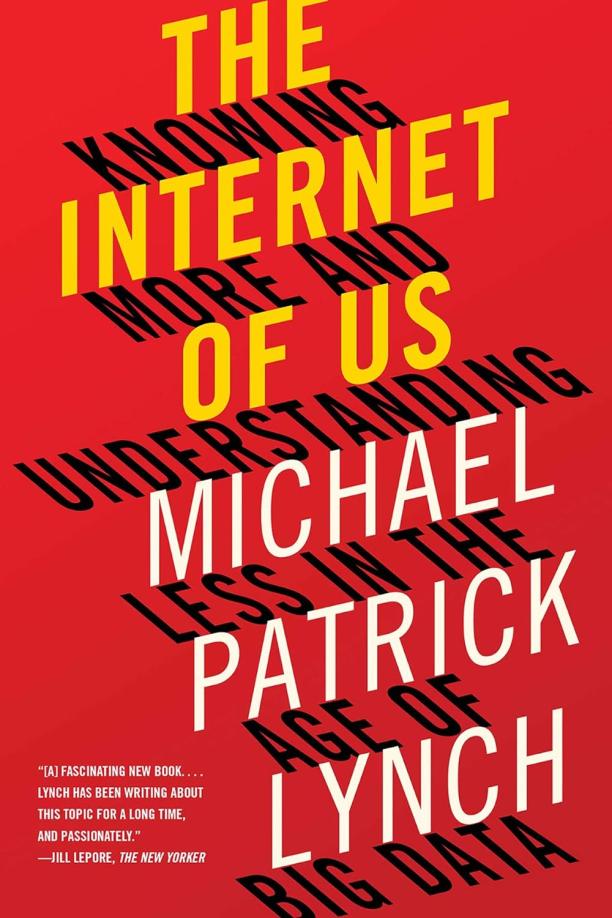
The Internet of Us
Knowing More and Understanding Less in the Age of Big Data
Michael P. Lynch
The book explores the paradox of the digital age, where access to vast amounts of information online does not necessarily translate into greater understanding or wisdom. It delves into the impact of big data and algorithms on knowledge, truth, and human cognition, questioning how technology shapes what we know and how we think.
See full summary